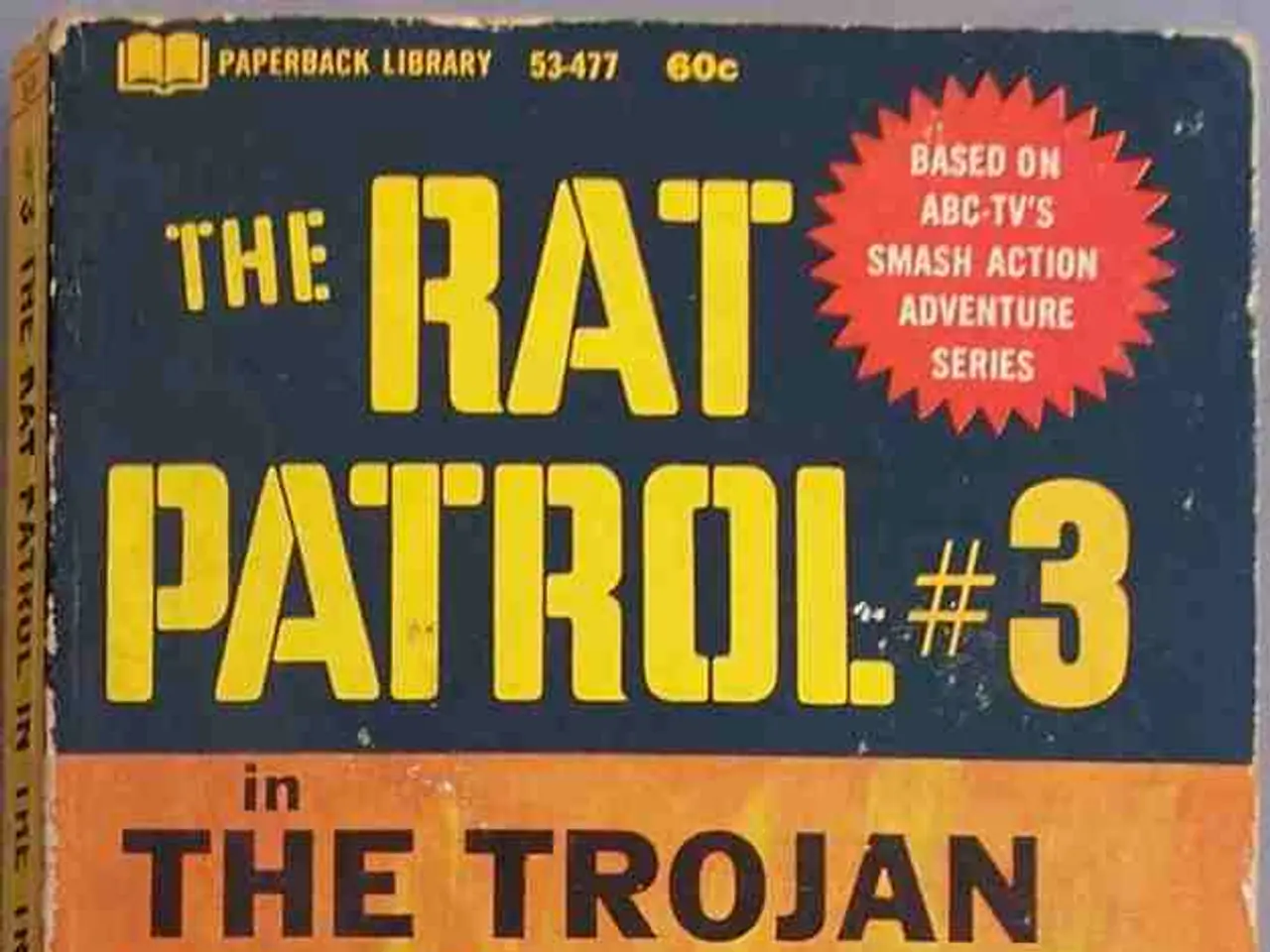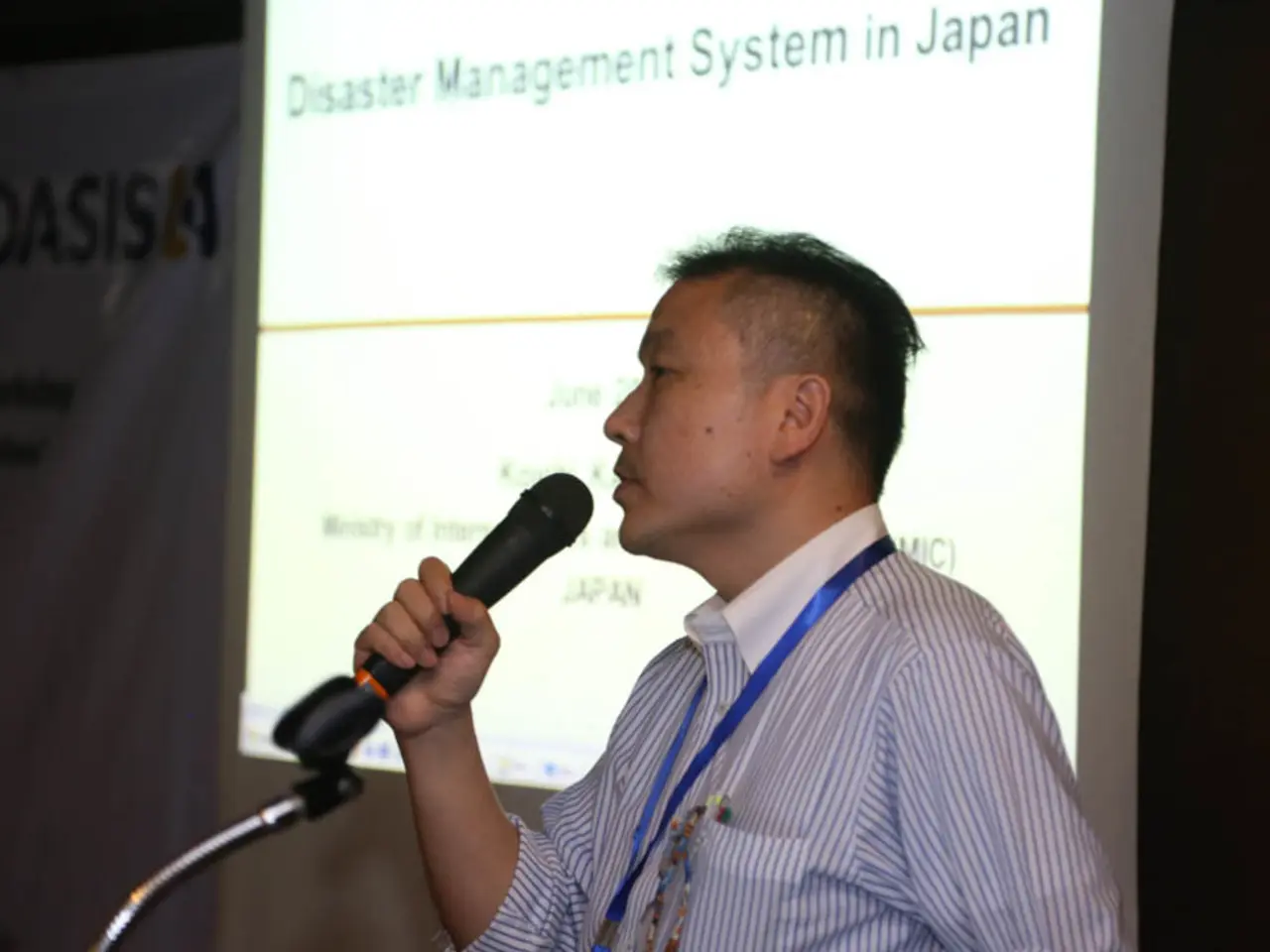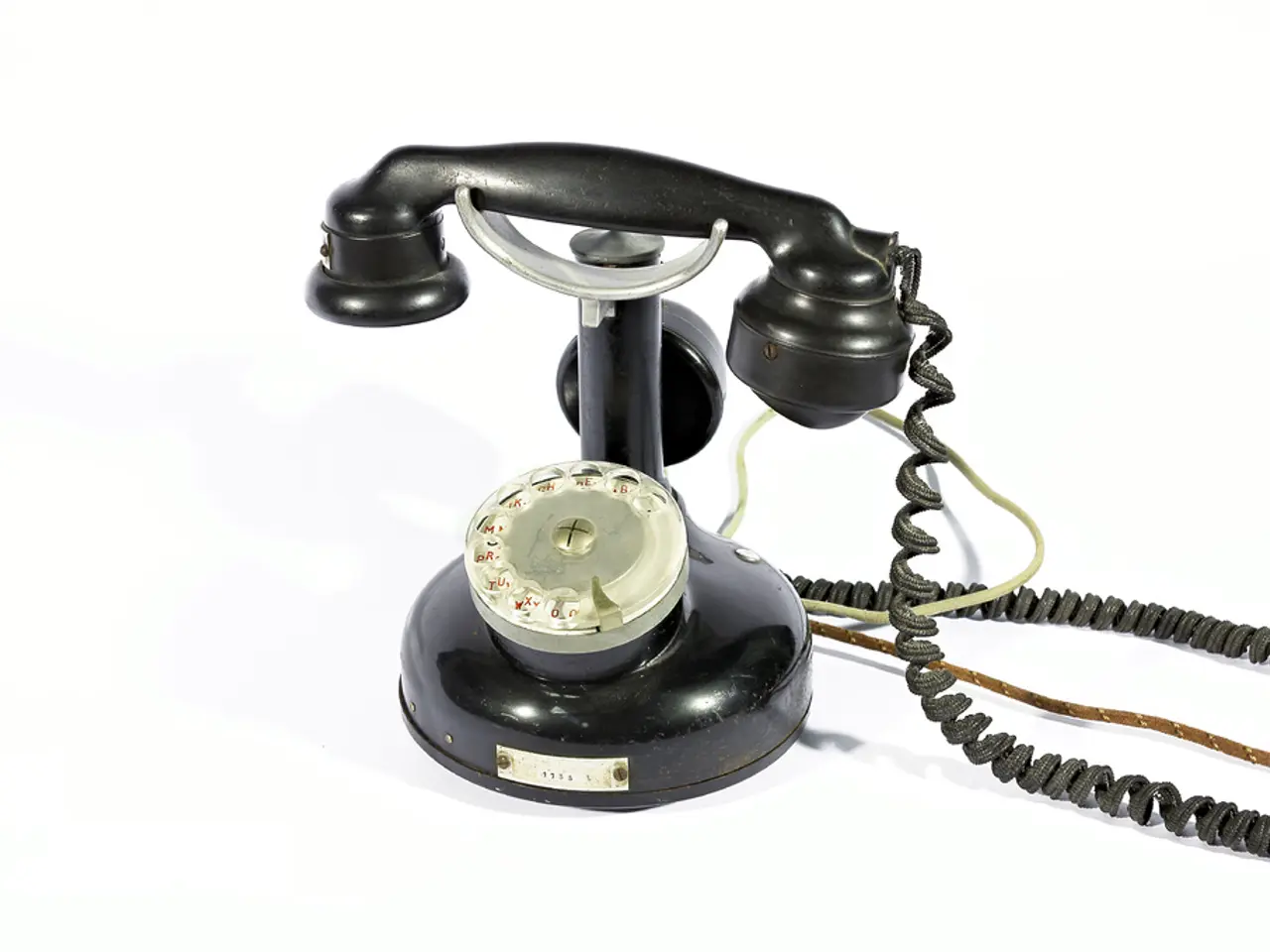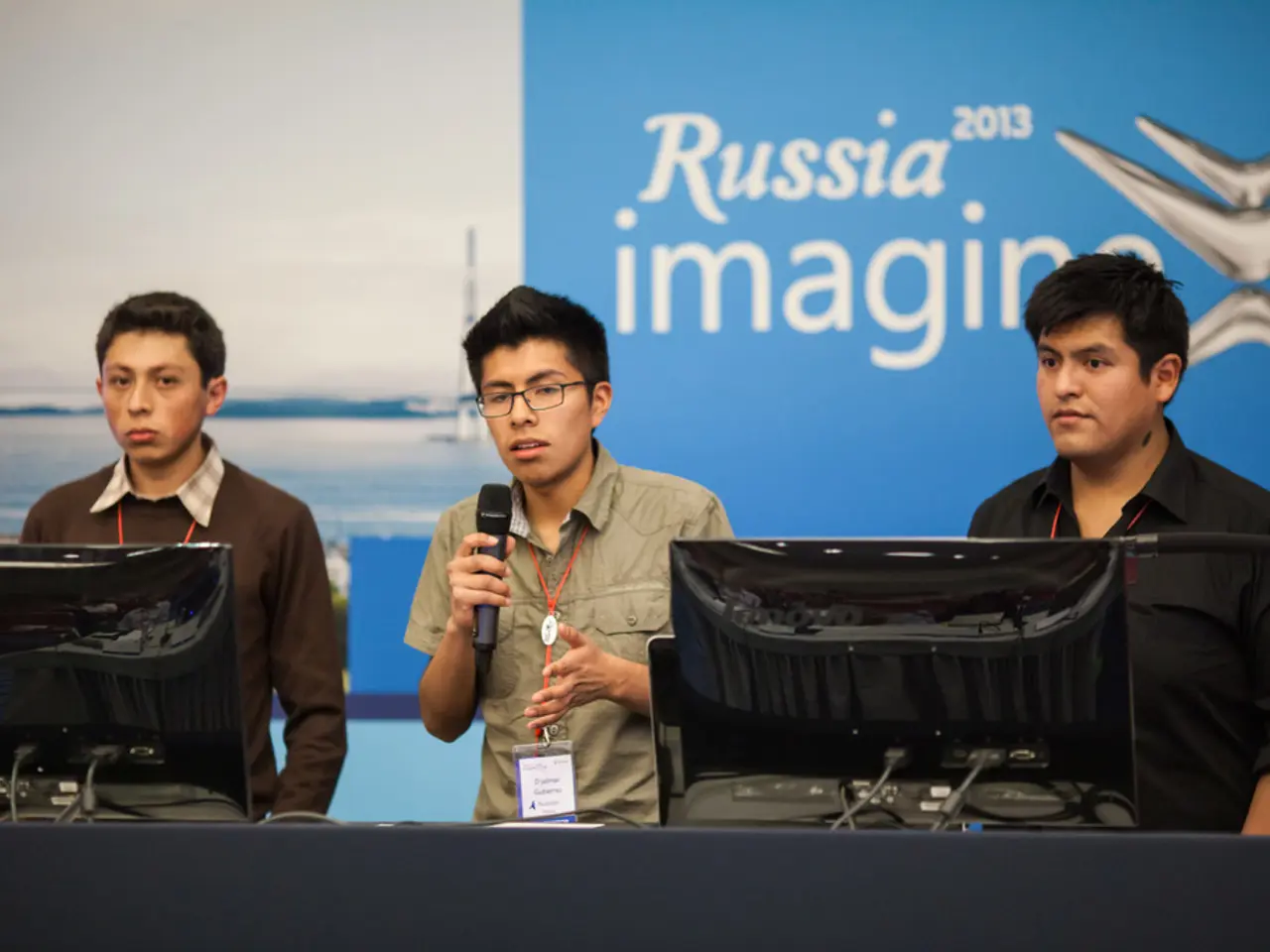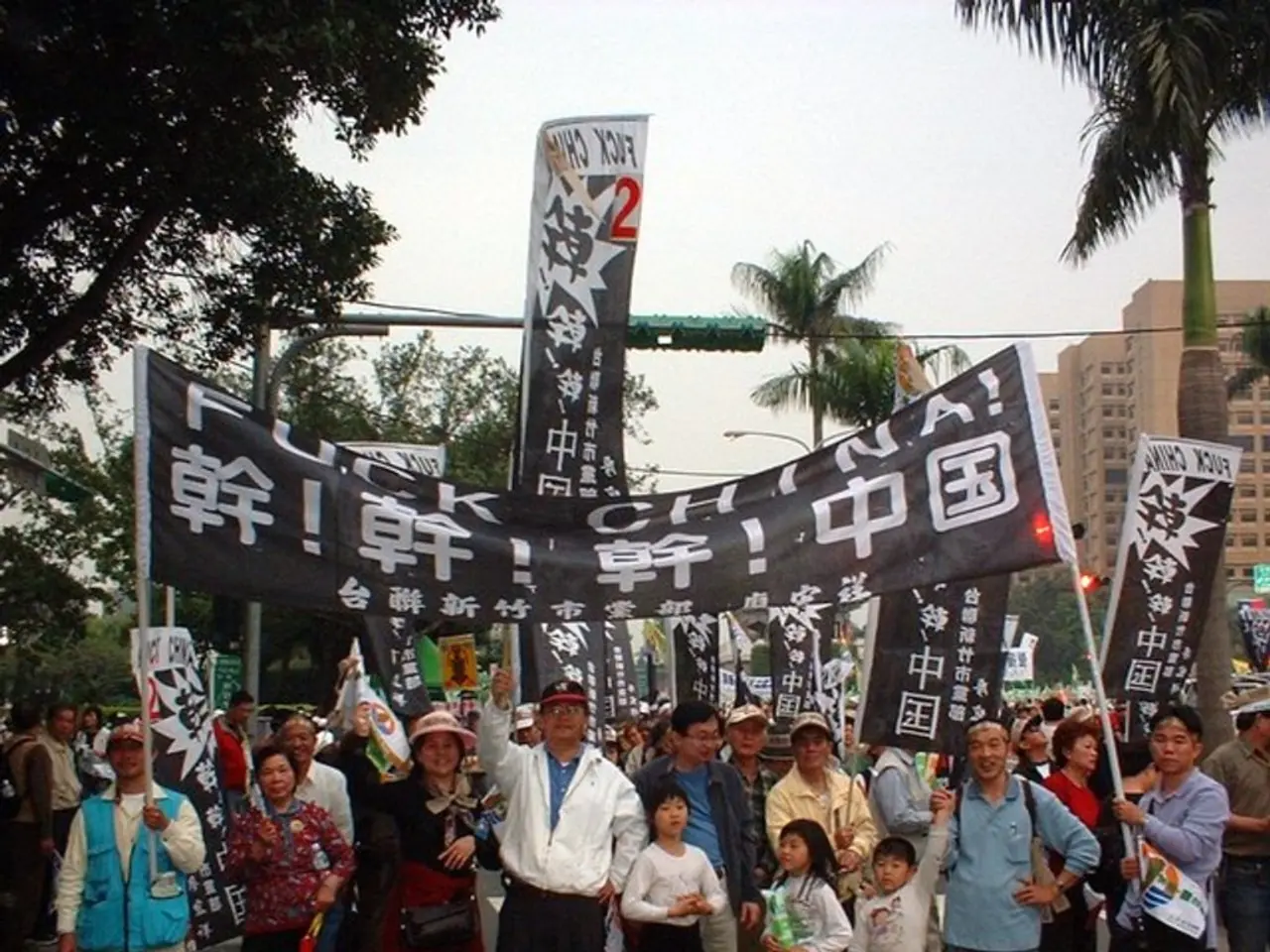Discussion over the disbanding of Hezbollah in Lebanon is intensifying
Lebanon is currently grappling with a significant debate over disarming the Iran-backed Hezbollah militia, a move that reflects increasing pressure from international actors, particularly the United States and France, to restore full state sovereignty and improve the country's political stability.
The push to consolidate a state monopoly on weapons by the end of 2025 is gaining momentum, with the Lebanese army tasked to prepare a disarmament plan by the end of August 2025. This move comes as a response to the pressure from the US to advance disarmament with concrete steps, which has been particularly high recently.
However, Hezbollah strongly rejects disarmament efforts. They frame their arms as essential to Lebanon’s national security, especially against Israeli aggression, and consider themselves a fundamental component of the Lebanese state. Hezbollah’s weapons are also notably influenced by Iran, which complicates Lebanon’s government efforts to enforce disarmament without Iranian consent.
Lebanon’s President Joseph Aoun, who initially took a more cautious approach toward disarmament talks, has accepted that discussions should take place within the Lebanese cabinet. This signals some internal political alignment with Prime Minister Nawaf Salam’s position and growing international impatience.
The move to disarm Hezbollah could enhance the Lebanese state's authority and potentially reduce internal armed conflict. However, it risks deepening political polarization since Hezbollah is a major political actor with widespread support among segments of the Lebanese population. Hezbollah’s resistance and Iran’s involvement suggest the process will be highly contentious and could provoke destabilizing responses, including renewed violence either internally or involving Israel.
International pressure aims to prevent Hezbollah from operating as a state within a state, which currently complicates Lebanon’s governance, economic recovery, and security environment. The Israeli military continues to attack Lebanon daily, claiming to enforce disarmament, and has soldiers stationed at five posts in southern Lebanon.
Despite the challenges, the Lebanese government remains determined to move forward with the disarmament plan. However, if a decision on disarmament is made, Hezbollah members may resign from the government in protest, which could lead to a political crisis.
The current status of the debate is marked by a tense balance between internal sovereignty aspirations and Hezbollah’s entrenched military presence backed by Iran. The outcome will be pivotal for Lebanon’s sovereignty and political stability, but risks remain high given Hezbollah's integral role in Lebanon’s political and security landscape.
[1] Al Jazeera. (2021). Lebanon: Hezbollah says it will not disarm until Israeli troops leave. [online] Available at: https://www.aljazeera.com/news/2021/10/23/lebanon-hezbollah-says-it-will-not-disarm-until-israeli-troops-leave
[2] Reuters. (2021). Lebanon's Aoun says cabinet should discuss disarmament of Hezbollah. [online] Available at: https://www.reuters.com/world/middle-east/lebanons-aoun-says-cabinet-should-discuss-disarmament-hezbollah-2021-10-25/
[3] The New Arab. (2021). Lebanon's political crisis: What you need to know. [online] Available at: https://www.alaraby.co.uk/english/list/99768/lebanons-political-crisis-what-you-need-to-know
- The international pressure to restore full state sovereignty in Lebanon, as seen in the push for a state monopoly on weapons by 2025, is often discussed in the context of war-and-conflicts, politics, and general news, given the ongoing debate over disarming Hezbollah and the involvement of Iran.
- The move to disarm Hezbollah, a controversial decision, has the potential to deepen political polarization within the country, making it a significant topic of discussion in war-and-conflicts, politics, and general news, as various segments of the Lebanese population hold differing views on the issue.
